|
The textile and garment industries are some of the biggest industrial polluters. More than 20% of industrial water pollution is due to them. The circular economy and the application of sustainable practices for the production of clothes is in harmony with the expectations of customers and with the protection of human rights. Along with EU regulations, industry must adapt its ability to reduce the resources used to ensure the protection of the environment and human health.
One of the EU's latest Sustainable Textiles Strategy initiatives is to "move the EU towards a climate neutral, circular economy where products are designed to be more durable, reusable, repairable, recyclable and energy efficient". Some preliminary steps are being taken for supply chain due diligence. Although with a high impact on the environment and climate, these industries realize some of the highest profits, and this is crucial to be able to seek changes and apply business models characteristic of the circular economy. What are the limiting factors for solving these challenges? First of all, it is the lack of a highly qualified and trained workforce in green practices. This can slow down the process of sustainable development of the industry and its competitiveness. Along with the training of new employees, the need for retraining and upskilling of the workforce in these industries is increasingly emerging. The application of lifelong learning is necessary. According to the report Greening with jobs: World Employment and Social Outlook, skills in the textile sector do not match the goals of achieving economic sustainability due to the lack of knowledge of the relationship between skills and the environment, the lack of regular employment forecasts and financial mechanisms to encourage investment in skills development. In many countries, environmental legislation reforms are already leading to the establishment/revision of professional qualification standards. Therefore, the initiators of the ECOMODA Project have come to the conclusion that the involvement of workers at all levels in an organization through training and digital tools can offer a consolidated solution to the stated challenges. The ECOMODA Project is developing a package of knowledge, competences and skills on sustainability and ethical dimensions to be used by enterprises in the garment and textile industries. Environmental sustainability training and initiatives are planned for those working in the industry, including designers, suppliers, manufacturers, SME owners and managers and employees. Engaging all levels and departments of a textile or garment company in the process of creating "green skills" will lead to a change in the behaviour of the company as a whole and help to improve the sustainability of the entire industry. The project is in action and proposes to achieve this by:
A meeting of the Ecomoda project's trainers was held in Piraeus, Greece, from March 27-29 this year 2023 to explore the ins and outs of the training system. As part of this system, training materials will be available in the near future, so our trainers - in the classic spirit of "customer experience" - completely redesigned and tested the system on themselves.
Trainers from all partners will now be able to introduce companies to the world of sustainability and the importance of caring for the environment as part of their business. Remember, you too can make a significant contribution to the planet at every stage of your life by paying attention to the topics covered in the Ecomoda project, among others. We sincerely thank all the partners for the meeting and such a fruitful time. A nod to IDEC S.A. for organizing our meeting. The article was first published on the Ecomoda project website. The environmental challenges of the garment and textile industriesMore than 70% of textiles and clothing imported into the EU come from Asia (China, Bangladesh, Turkey, India, Cambodia, Vietnam, etc.). However, the EU is still the second largest exporter of textiles and clothing after China, with a textile export value of around USD 66 billion. At the same time, the EU remains the leading importer of textiles and clothing, accounting for more than 23% of global imports, according to the WTO. The industry employs 1.5 million people across over 160,000 companies in the EU, most of which are SMEs, and the EU's annual turnover in 2019 was €162 billion. euro. More than 1,900 chemicals are used in clothing production, 165 of which are classified as hazardous to health or the environment by the EU. In addition, many apparel companies face problems with labor conditions throughout the supply chain from developing countries (Mckinsey, 2016), including child labor, low wages, and health risks. The EU has introduced several regulations to address environmental challenges in the garment industry. REACH (Regulation (EC) No. 1907/2006) prohibits the list of chemical products in the manufacture of clothing. ECOLABEL (Regulation (EC) No. 66/2010) is an optional process that certifies the environmental sustainability of clothing. The EU's recent Sustainable Textiles Strategy initiative aims to help "the EU's transition to a climate-neutral, circular economy where products are designed to be more durable, reusable, repairable, recyclable and energy efficient." The EC has also taken some initial steps on due diligence requirements across the supply chain to address human rights abuses. As among the most polluting industries, but also the most profitable, it is crucial that the textile and clothing sector moves towards a more sustainable and ethical future. According to the International Labor Organization (2019), new skills are and will be increasingly needed throughout the textile, clothing, leather and footwear (TCLF) supply chain, not only in relation to new production processes, but also in areas such as design, finance, new product development, logistics, marketing, sales and customer service. Many of the jobs in these industries are not traditionally perceived as "green/environmental", such as fashion designers or vehicle maintenance technicians. However, the way in which these professional roles are performed can have an impact on the achievement of climate and sustainable development goals. Employers must require an active position from all employees to carry out their activities in a sustainable manner. In the future, it will be increasingly important to upskill and fill the skills gaps of both employers and workers so that they can adapt to new technologies, new materials and the increasing pressure to produce products in a sustainable way. Part of this Article was first published on the CSKC blog content. At the end of March this year, 27-31.03.2023, Knowledge, Innovation and Strategy Management Club (KISMC) and CEED Bulgaria organized a seminar on "Sustainable Innovation and Culture of Change". The seminar was organized within the framework of the international project Collective Innovation to Fight Climate Change - ERASMUS+ Project. Twenty-one entrepreneurs and business representatives from Bulgaria, Greece, Belgium, Spain and the United Kingdom took part in this seminar. Panels at the workshop were dedicated to turning climate change into business opportunities. Participants were presented with good practices and shared their own experiences of the role and impact of business on the transition to a green and circular economy. In particular, emphasis was placed on the growing role of innovative business models to combat climate change. You can find out who the lecturers were and what the participants of the seminar in Sofia visited from the uploaded short film dedicated to the impressions and results of this training event. Climate change is a major global challenge, and we as an industrial cluster that unites knowledge-based companies have to message to all that we, the business can play a critical role in addressing it.
So, we believe that by adopting sustainable practices, investing in sustainable technologies, supporting climate policies, and adapting to the impacts of climate change, businesses can help create a more sustainable future for all. Here are a few ways businesses can approach climate change:
Unconditionally, the corporate social business model must also take into account this aspect of the companies' behaviour, namely the fight against climate change and for sustainable development. The Article was first published on the CSKC blog content. Financing climate innovation is one of the topics of the "Innovating for Climate Change & Sustainability Toolkit" which is being developed under the Erasmus+ Project "Collective Innovation to Fight Climate Change". The projected market value losses could rise by more than 200% if warming reaches 5°C as compared to 1.5°C. The socioeconomic impacts from climate change and extreme weather will be felt differently across different sectors. Research suggests that every dollar invested in climate adaptation could result in 2 to 10 USD of net economic benefit. So, investing in sustainable environment and innovation climate solutions is financially and strategically one of the best decisions for the companies including SMEs but the reality is slightly different. Despite its rising importance, the shortfall in funds to help reduce such weather-related disasters - the “adaptation finance gap” - is growing. There are, however, some large investors, like the World Bank and Bill Gates’ energy venture fund, committed to funding adaptation measures, such as desalination technologies and dynamic mooring systems. Effective adaptation strategies may combine structural measures (e.g., flood protection), nature-based solutions and risk-transfer schemes (e.g., insurance products). Risk transfer can be a powerful mechanism for companies to buffer against economic impacts of extreme weather and may even incentivize companies to invest in further climate adaptation through discounted premiums. Two types of investors in climate innovation are on a focus in this article - private and governments. The authors of the article “The Next Generation of Climate Innovation” (2021) give some encouraging facts, information and examples about investing in climate change innovation by private investors and governments. Private investors The financial community needs to focus on how investors can contribute to financing the transition to new technologies and models. Venture capital funds and private equity firms describe themselves as a purpose driven investment organisation that has decided to align all investments decisions in support of achieving SDGs. Still, the climate solution perspective focuses first on opportunity - how companies can produce goods and services that contribute to the society we want to build. Venture capital investment in climate technology is growing five times faster than the average rate of investment across all industries. Climate investment soared from $418 million in 2013 to $16.3 billion in 2019. There are identified more than 75 funds that are already taking a variety of approaches to climate investment, including focusing on general climate technology, high-impact technology, vertical technology, and deep tech. But all this money is still a fraction of the $1.4 trillion in private equity and venture capital that was available for investment in 2019. Flagship Pioneering is an example of how a venture capital fund can adopt a kind of problem-focused approach taken by climate innovation ventures. It applies an innovation process based on existing new technologies in order to design products or reimagine value chains, helping in this way a start or nurture more than 100 scientific ventures, that finally resulted in more than 34 billion USD aggregated value of investments in climate. Deep-tech investors also can adapt their expectations without accepting lower returns. To de-risk R&D and launch the resulting products they also can extend the fund lifetime. For example, Breakthrough Energy Ventures, which has raised more than $2 billion, has a 20-year time horizon and is backed by Bill Gates and other notable limited partners, including Jeff Bezos, Michael Bloomberg, Richard Branson, Vinod Khosla, Jack Ma, Xavier Niel, and Masayoshi Son. About 90% of the company’s portfolio consists of deep-tech ventures geared toward climate change or sustainability goals, and about 50% of its staff have earned doctorates. More funds are combining investment with active support and assistance. In 2020, Amazon unveiled its Climate Pledge Fund, a venture capital program directed at sustainable technologies. The company plans to become carbon neutral by 2040. Microsoft has created the $1 billion Climate Innovation Fund and announced that the company will be carbon negative by 2030. SOSV Investments, which invests in about 150 new startups a year, has an accelerator program that includes a network of 1,000 global mentors and an alumni community of more than 2,000 founders around the globe with deep market and technical expertise. The program provides access to an extensive infrastructure of laboratory and maker spaces, and SOSV introduces startups to sector-specific corporate partnerships and later-stage venture firms focused on the same verticals. Private equity firms can also emphasize the impact of climate tech ventures on the SDGs to their investors and the companies that they invest in. Sweden’s EQT Partners, for example, describes itself as “a purpose-driven global investment organization” that has “decided to align all investment decisions in support of achieving the SDGs as well as ownership actions to drive the development of the portfolio companies in this direction.” They can also fill gaps in skills and increase understanding of technology by building in-house expertise and networks. Larry Fink, the CEO of BlackRock, the largest fund manager in the US, wrote in 2021 that “Climate change has become a defining factor in companies’ long-term prospects.” Governments Governments are active in supporting innovation in climate solutions, albeit to varying degrees and with different approaches. Policies are being developed to put pressure on carbon-intensive products, technologies and practices, and to enable (stimulate and expand) the scale of innovation that has the potential to completely bypass system lock-in. Opportunities are created and climate innovation is stimulated by moving towards value chain and models compatible with the SDGs.
A good example is China. The government supports science parks for innovation and technology and the creation of research and development centers focused on sustainable development technologies. In 2017, Nanopolis Suzhou, for example, hosted over 200 private investment firms, including numerous major international venture capital investors, and more than 300 nanotechnology companies. In Europe, both the EU and national governments are funding R&D for innovative solutions to combat climate change. Under the Horizon Europe Programme, EUR 26 billion is planned for basic research, EUR 53 billion for applied research and EUR 14 billion for supporting innovation and start-ups from 2021 to 2027. The goal of the Joint European Disruptive Initiative (JEDI) is "to bring Europe to a leadership position in revolutionary technologies". An example from Germany. A national hydrogen strategy has been developed to build industrial production capacities with a capacity of 5 gigawatts by 2030 and will invest €7 billion in strengthening hydrogen technologies and €2 billion in the creation of hydrogen production plants in other European countries. The new administration in the USА is also signalling to provide greater financial support for climate change initiatives. The Article was first published on the CSKC blog content. Over the lifetime of the project Collective Innovation to Fight Climate Change the partners are being completing multiple surveys in order to understand the views and experiences of a range of actors regarding climate change. The newest survey aims to provide an overview of current practices adopted by SMEs and entrepreneurs to involve their employees in ‘green’ behavior within the enterprise while highlighting the successes and challenges that face these enterprises within this context. Click here to participate in this new sustainable workplaces survey!
Previous survey was about the green transition process. It asked about the readiness, commitment and needs to do business or implement projects in the fields of fighting climate change, the green transition and the circular economy. Click here to view the results. The Article was first published on the CSKC blog content. Within the framework of the Fight Climate Change project, where KISMC is one of the partners in the project, a survey was conducted in the period January - March 2022, which aimed to obtain indicative information about the readiness, commitment and needs for doing business or implementing projects in such sensitive thematic areas as "fighting climate change" , "green transition" and "circular economy".
The responses received, while not claiming to be representative, nevertheless contributed to a better understanding of the opportunities and challenges for conducting and doing business in these areas. Below is a brief analysis and conclusions from this study. The survey involved 75 participants from 15 countries, mostly from Europe, who were distributed as follows:
It turned out that nearly 70% of the respondents are familiar with and/or interested in the issues of "fighting climate change", "green transition" and "circular economy". It can be seen that this topic, under the influence of the UN, world institutions and EU policies and programs, has entered a maturity phase in spreading in Europe and over the world, and there is already a clear interest in direct engagement and participation of bussines and public and non-governmental organizations. Interesting results were obtained from the answers to the question whether and in which areas the respondents offer technologies, services and products or participate in green transition projects. It turned out that quite a large percentage (44%) of them do not actually offer such at the moment, but intend to do so in the future. This is indicative and shows that the topic is firmly on the agenda of business and educational, non-governmental and scientific organizations. As can be seen below, the answers are distributed among the main thematic areas relatively evenly (taking into account that the respondents had possibility to indicate more than one answer):
Following the objectives of the survey, we reviewed with interest the answers from which we can judge the future behavior of the surveyed representatives of businesses and organizations, i.e. in which areas they are most interested in innovating, investing or implementing various projects. Here, too, the distribution of answers is relatively even, but still the first three topics are of the greatest interest. Below is the distribution of responses as a percentage of responses received:
At the start of this project, most of us did not have an accurate idea of whether and how much climate change and other similar phenomena are affecting business, and how much this impact actually creates new business opportunities for those who are developers, suppliers, customers or implementers of green projects, products, services and technologies? In other words, we asked the participants in which areas climate change creates new opportunities for doing business. Below are the responses in descending order of their share in percentages:
One of the important answers for us was what were the views of the respondents regarding the business models used in the circular economy. We wanted to know if the ones we put in the survey are known and which are the most used. It became clear that they are all familiar with two leading ones - platforms for sharing (47%) and recycling (36%). Below are the ratings of all the business models, ranked in descending order of their share in percentages:
When asked what result the respondents would like to achieve if they implement or use an innovative business model, their desire to have better access to partnerships and funding from the EU, to improve their economic results, and to facilitate their access to knowledge and green innovation received the greatest result, respectivly 52%,48% and 48% Interestingly, however, 11% frankly do not know what answer to give, which is an area for future analysis. Below is the distribution of the results obtained, again arranged in descending order of their share in percentages:
What are the attitudes of the respondents about how to finance their green projects. This was for us one of the most important questions because it would also determine our conclusions about the support and incentives needed to activate the green transition and the circular economy. We were not surprised that the largest percentage of respondents indicated that they would rely mainly on EU funding. The green and social entrepreneurship is extremely difficult and a purely market approach is treated by businesses as risky, and besides, there were also public organizations and NGOs among the respondents, which also supports this thesis. That is why the search for funding from the EU and through national government grant schemes received the highest results, respectively - 72% and 37%, and such ways as direct investments and venture capital only at the level of 24%. Below are the responses in descending order of their share in percentages, with the sum of these percentages exceeding 100% because each respondent could vote for more than one option.
Our last question for this analysis was related to the extent to which respondents see their involvement in R&D and business processes related to the green transition and the circular economy. Of the mentioned opportunities, the largest percentage (53%) of the respondents saw their participation in partner projects, financed and/or financially supported by the EC or another financial institution. Below are all responses, ranked in descending order of their share in percentages, with the sum of those percentages exceeding 100% because each respondent could vote for more than one option:
There is no doubt that the challenges of climate change are large, dynamic and will lead to ever greater changes in the behavior of governments and the international community. However, the business response must be in sync with all these measures, and the innovative behavior of entrepreneurs, small businesses and corporations must be based on a flexible approach of combining business purposes with the corporate social responsibility. We believe in the motto of the social entrepreneurship - do business for good! The Article was first published on the CSKC blog content. Two of the members of the cluster, Knowledge, Innovation and Strategies Management Club (KISMC) and Euro-perspectives Foundation, implement projects directly resulting from the 2030 Agenda Sustainable Development Goals (SDGs) of the United Nations. Both projects are related to the role and positive impact that business, entrepreneurship and education can play in the fight against climate change and to preserve biodiversity. Over the past 50 years, the world has been transformed by an explosion in global trade, consumption, population growth and mass urbanization. This has come at a huge cost to nature and the stability of the ecosystems that sustain us. Climate change poses serious risks to ecosystems, human health and the economy. Data from the United Nations Environment Program as of 2019 show that over the past 40 years, the global availability of natural capital per person has declined by 40%, wildlife populations have declined by 60%, while manufactured capital has doubled, and human capital increased by 13%. Can these trends be reversed? The EU Biodiversity Strategy for 2030 aims to ensure the rightful place of nature in our lives, including our business activities. The strategy is an integral part of the UN Sustainable Development Goals (SDGs). What are the two projects we are presenting? The first project, in which KISMC is involved, is Collective Innovation to Fight Climate Change, a project financed by the Erasmus+ Program, which has set itself the task of developing a package of tools to help entrepreneurs to become agents of change in their business in terms of climate change. Through knowledge and skills for innovative thinking and application of open innovation in doing business in the field of the green economy, they would make a serious contribution to reducing the negative impact on the environment. In addition to social ("green") entrepreneurs, the results of this project are also aimed at mentors and teachers of green entrepreneurship, thus enriching their arsenal of knowledge, good practices and training techniques. What are the expected results from this project?
The second project, in which Euro-perspectives participates, is Biodiversity and Climate Change Community Champions and is also financed under the Erasmus+ Program. The project develops innovative means of continuous education for those representatives of the business community who can become leaders ("champions") in the fight against climate change and biodiversity, contributing to the achievement of 6 of the 17 Sustainable Development Goals (SDGs). The project aims to provide the local community, social entrepreneurship, business and volunteers with skills and knowledge to implement activities and initiatives as a countermeasure to climate change and biodiversity. Different models are possible to reverse the negative trends, all of which require the combined efforts of national and local authorities, producers and consumers. The models that will be developed/presented will be linked to the specific UN Sustainable Development Goals (SDGs) and more specifically to the following goals:
|
KISMC TeamBlog post by our team, innovation contributors, VIP members, blog guests, etc. Archives
January 2024
Categories
All
|
|
The Knowledge, Innovation and Strategies Management Club is a non-profit organisation set up in Sofia, Bulgaria in 2012 to foster knowledge and innovation management across South East Europe. KISMC is supporting the development of the innovation ecosystem in the region by bridging the gap between education, research and business.
|
© COPYRIGHT 2013- 2021. KISMC. ALL RIGHTS RESERVED.
|


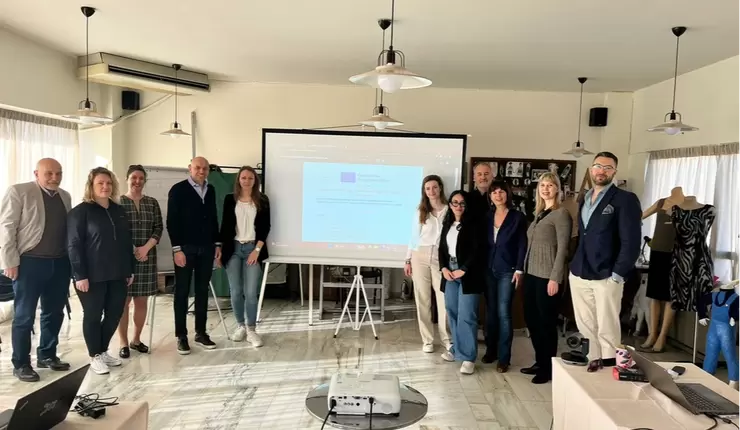

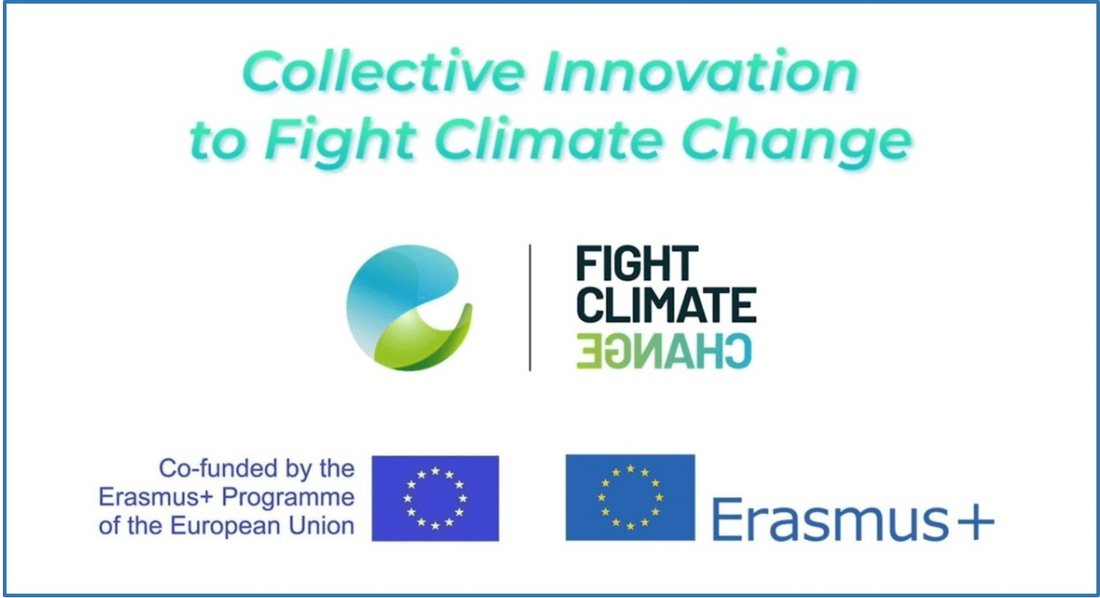

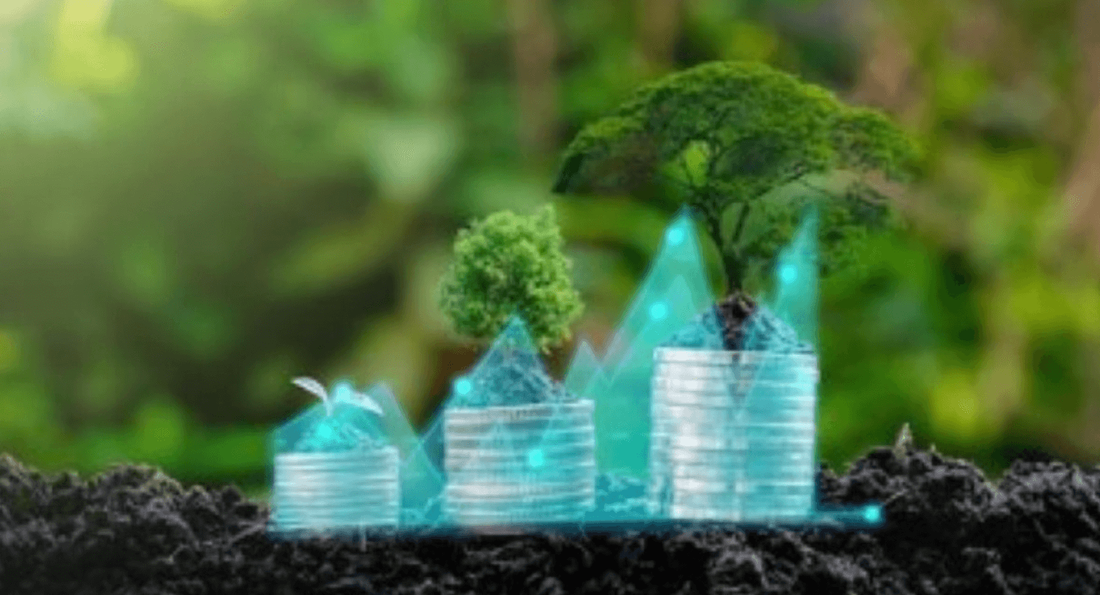

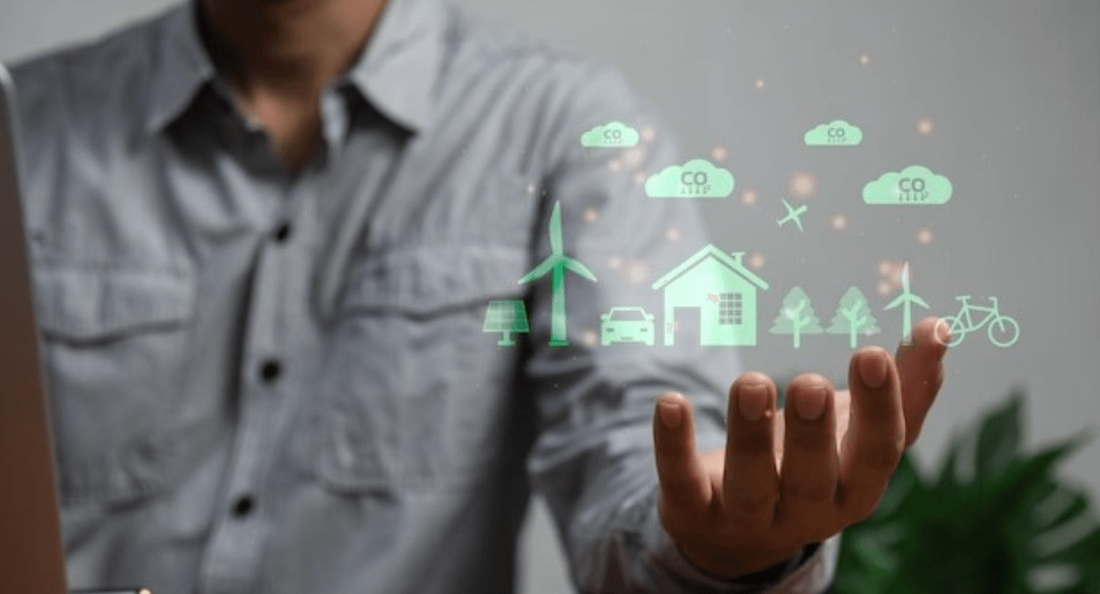

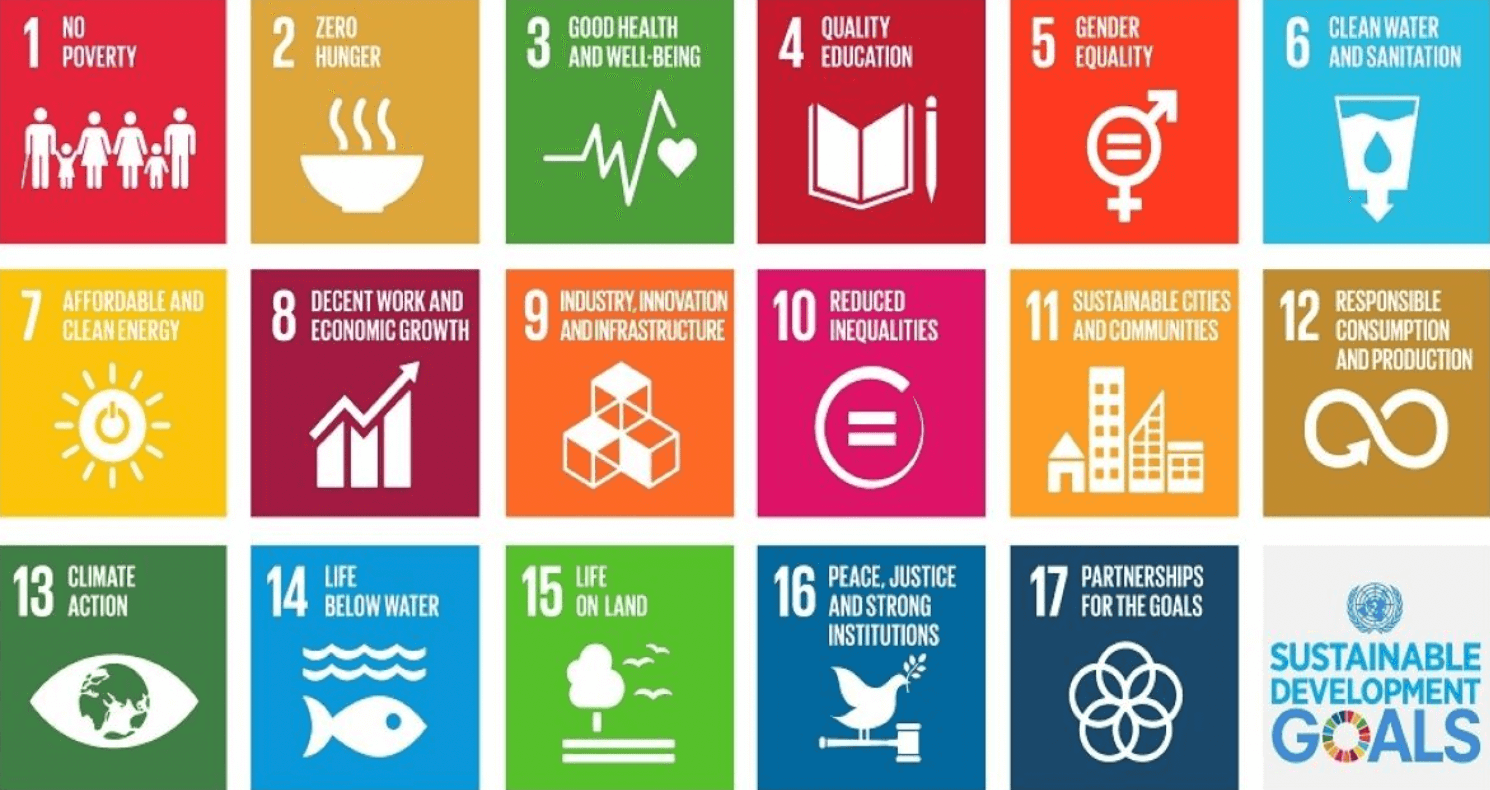

 RSS Feed
RSS Feed